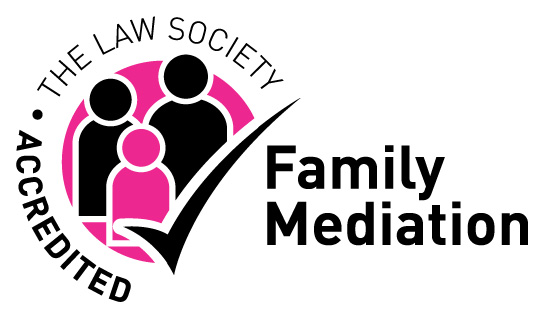
The emotional side of divorce and separation
There are several areas that need addressing in divorce and separation – the legal and financial aspects are obvious but the emotional side is crucially important for the whole family and can sometimes be overlooked or not properly acknowledged.
Divorce is one of the most stressful life events – indeed the Holmes and Rahe scale (which measures stress levels) puts divorce only second to the death of a spouse. The end of a marriage or relationship is often experienced as an enormous loss. Whether the marriage has lasted for one year or thirty, separating couples often experience an enormous range of emotions – they might feel sad, angry, fearful, relieved, ashamed, hurt, confused, lost, in denial, depressed, resentful, anxious, bitter, betrayed, let down, misunderstood, rejected and many more besides. All these emotions are completely normal and similar to those going through bereavement but each person will experience their own unique combination of feelings in varying degrees. It is important that these emotions are allowed to be processed rather than denied or buried otherwise they have an uncanny way of erupting at inappropriate times and can often derail the divorce process.
Even when a marriage naturally comes to an end and is mutually agreed between the couple, emotions can and indeed often do run high. It is unusual for both spouses to be in the same emotional place at the same time and so it can be difficult for each to understand the other. One might feel that the other is being incredibly slow in coming to terms with the end of the relationship because they themselves are feeling fine about it. Conversely, the person who is struggling more might feel offended or confused about how well their ex partner is dealing with the breakdown. The emotions experienced can also be far more complex if they trigger previous experiences of loss and thus the feelings are greatly amplified. It can be hard for friends and family to understand this – typically we hear about well meaning friends saying things like, “I thought it’s what you wanted, why are you finding it so hard to move on?”
When separating couples aren’t able to be open and honest about their emotions, as in all areas of life, they get ‘acted out’. Normally rational, kind people become unrecognisable as they battle to make sense of what they’re going through. If they feel betrayed, they might seek vengeance by denying their ex-spouse access to the children. If they feel anxious, they will be far less able to make informed choices of themselves and their family. If they feel angry, they are likely to look for any opportunity to punish the other person, often to the detriment of children who can inadvertently get dragged into the crossfire. However, if they can find a voice for these emotions, either with the support of a friend, family member or professional, they can learn to ‘park’ the feelings so that they can focus on achieving the best outcome possible. Good, assertive communication is critical in order to be able to let others know how they’re feeling and couples often need help with this.






Write a Comment